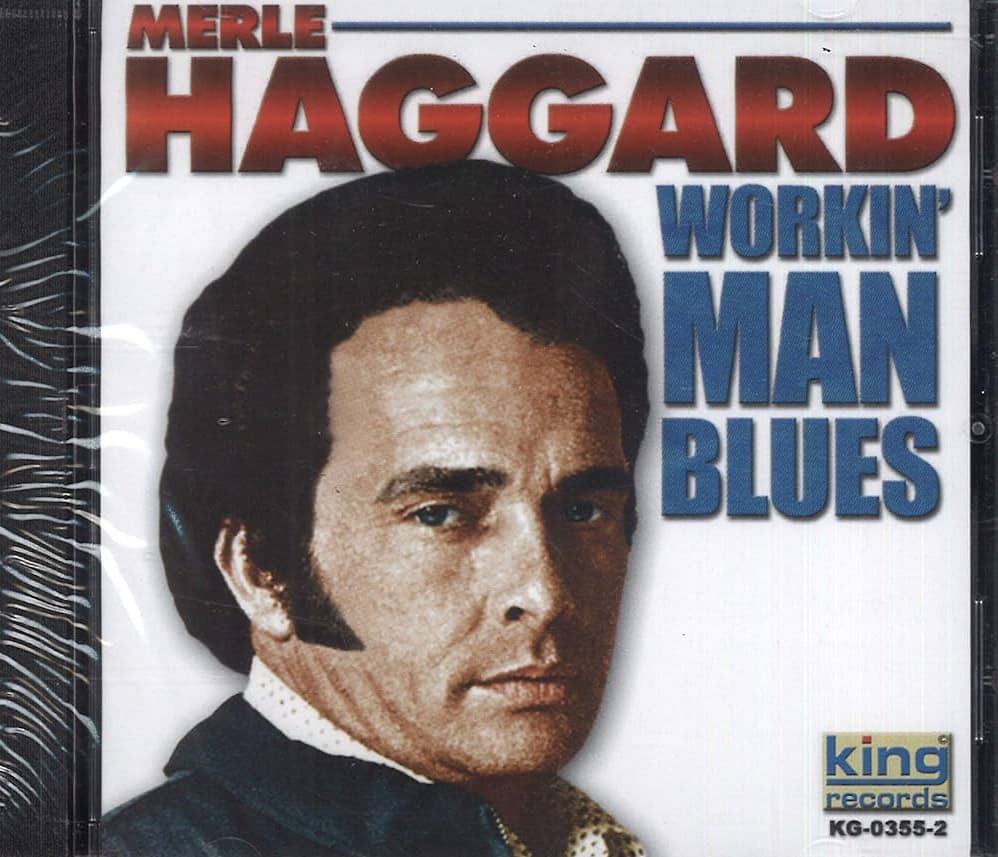
Merle Haggard – Working Man Blues: A Tribute to the Everyday Hero
In the landscape of American music, few artists have captured the essence of the working-class spirit quite like Merle Haggard. His 1969 classic, “Working Man Blues,” is more than just a song; it’s an anthem that resonates with the heartbeats of countless individuals who toil day in and day out, shaping the world with their calloused hands and unwavering determination. Released as part of the album “A Portrait of Merle Haggard,” this track quickly climbed the charts, securing a place in the hearts of many by reaching number one on the Billboard Hot Country Singles chart.
“Working Man Blues” emerges from a period when America was on the cusp of change. The late 1960s were marked by social upheaval and a shifting cultural landscape, yet amidst this turbulence, Haggard turned his gaze to the unsung heroes—the blue-collar workers. He crafted a narrative rich with authenticity and respect, painting a picture of laborers who found dignity and pride in their work, despite the hardships they faced. The song is imbued with an honesty that speaks directly to those who have ever punched a clock or wiped sweat from their brow after a long day’s work.
The story behind this poignant piece is steeped in Haggard’s own experiences. Born into a family that knew hardship all too well during the Great Depression, Haggard’s upbringing was fraught with financial struggles and personal challenges. These early years instilled in him a deep understanding of resilience and perseverance—qualities that would later echo through his music. “Working Man Blues” is not just a tribute to others but also a reflection of his own life journey, making it resonate even more powerfully with audiences.
Musically, the song stands out with its driving rhythm and vibrant instrumentation, which perfectly capture the relentless energy and resolve of its subject matter. The steady beat is reminiscent of the rhythmic clang of machinery or the repetitive motion of manual labor, drawing listeners into the world of those who work tirelessly. Haggard’s voice, raw yet full of warmth, conveys both respect and camaraderie towards his fellow working men and women.
Lyrically, Haggard weaves a tale that is both simple and profound. He speaks directly to those who understand what it means to live paycheck to paycheck, yet find contentment in providing for their families and taking pride in their craftsmanship. Lines such as “It’s a big job just gettin’ by with nine kids and a wife” paint a vivid picture of life’s challenges but also highlight an unyielding spirit that refuses to be defeated.
For many older listeners, “Working Man Blues” stirs memories of times when hard work was not just necessary but noble—a testament to character and strength. It evokes images of fathers coming home weary yet satisfied or mothers juggling endless tasks with grace and determination. The song serves as a reminder of an era where values were deeply rooted in effort and integrity.
In conclusion, Merle Haggard’s “Working Man Blues” remains timeless because it speaks to universal truths about human experience: struggle, endurance, pride, and hope. It’s more than just music; it’s a tribute to every man and woman who has ever worked diligently for their dreams. As we listen to its familiar chords today, we’re reminded not only of our past but also of the enduring spirit that continues to drive us forward.